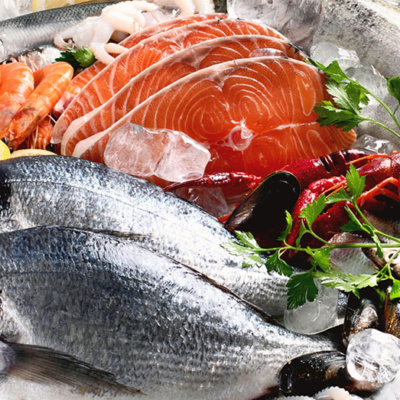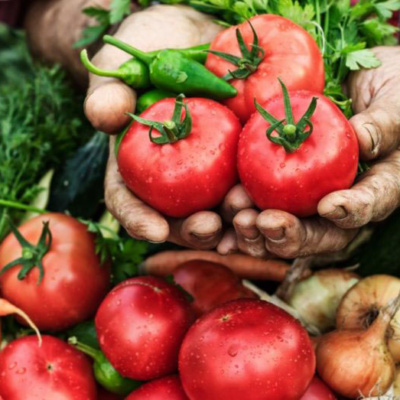Emmy award winners, Billy Costa and Jenny Johnson, host a premier food, dining, and entertainment program in Boston known as Dining Playbook on New England Sports Network (NESN)—the flagship network of the Boston Bruins and Boston Red Sox.
Recently, they spoke with John Davie, the founder of Dining Alliance and the CEO of Buyers Edge Platform. Here is what they found out about GPOs and their importance to the success of independent restaurants.
GPOs Defined
Many people, even those in the restaurant industry, are unaware of exactly what a GPO, such as Dining Alliance, is. Otherwise known as a Group Purchasing Organization, Davie defined their purpose as a group that “leverages the buying power of a lot of local operators and smaller midsized chains and emerging chains. They then use this leverage as buying power to negotiate contracts with everything from local distributors to produce vendors, meat vendors, and large national companies like Tyson, Georgia Pacific, Pactiv, and Unilever. All with the goal of helping local operators generate significant savings, lower their food costs, run a better operation, and ultimately be more successful.”
Currently, Dining Alliance works with about 18,000 independent restaurants nationwide and about 55,000 total locations around the country. Their clients range from mom-and-pop restaurants to country clubs to independent local restaurants. It is the largest Group Purchasing Organization for independent restaurants in the country.
Dining Alliance opened its doors in Rochester, N.Y. in 1998. Since then, it has grown to a national company, based in Waltham, MA.
The Boston Market
Johnson spoke with Tina Davie Donahue, President of Dining Alliance, about the biggest challenges as well as the advantages she sees in the Boston market. According to Donahue, Boston has one of the largest selections of valuable and good quality specialty vendors. “There are multiple good produce companies, multiple good meat companies, seafood, dairy, and broadliners, or one-stop-shop distributors.”
Donahue believes that the success found in the New England markets is due, in part, to the immense variety of vendors found in the region. Of course, for restauranteurs, this benefit also proves to be a challenge, leaving multiple decisions that must be made. Choices include just how many suppliers do they want to work with, or do they prefer to be sole-sourced? How many deliveries do they want and how often for each vendor?
While GPOs are designed as a cost-saving venture, helping an independent restaurant make these vital choices is an important aspect of the GPO/restaurant relationship. Navigating through the vast supply chain is a challenge for even the largest of corporations. For an independent restaurant, it can be overwhelming. In addition to better price points, larger chains also have access to higher quality products—a benefit that can significantly affect customer satisfaction and return rates.
Working with a GPO helps streamline the operation and gives an independent the same competitive edge as the big multi-chain establishments that have entire teams of accountants and other specialists focused on cost and quality. Donahue sees two categories in particular that offer the most savings—paper products and produce.
Saving on Paper and Produce Goods
According to Donahue, paper products are a high-margin category that have embedded costs which a GPO can expose. The other category that profits from huge savings is produce. Because of its seasonality, produce is impacted with greater fluctuations. For instance, Dining Alliance sees huge savings for their members on the east coast in the first quarter, when the area’s supply is diminished. Their leverage enables them to monitor markets on a 12-month basis and develop extensive contracts with growers and shippers.
GPOs such as Dining Alliance provide more than strength in numbers and a competitive edge, they also act as a watchdog, helping their members make needed changes in their menu when outside forces, such as sudden weather disasters, are going to impact the supply chain in availability and pricing, or stay abreast of the upcoming trends in food and beverage. They develop ongoing relationships with new manufacturers and partners outside of the food industry, such as technology partners.
When choosing a GPO, it’s important to look for one that has local representation and works with the local vendors as well as one that offers cost-saving rebates as well as cost-plus programs. Unlike other GPOs, Dining Alliance does not contract on just a few specific items, they contract on all items—over 165,000 line items—that are specific to each individual restaurant’s needs. Working in this framework, a restaurant doesn’t need to try and fit into an existing mold or limit their concept.
GPOs such as Dining Alliance exist in order to help independent restaurants succeed. It’s that simple.






